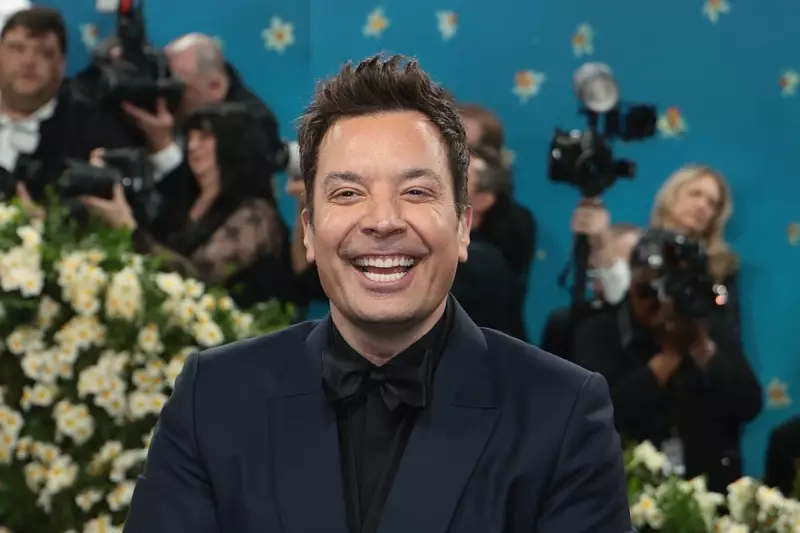
The phenomenal digital word game that took the world by storm is now making the leap from smartphone screens to television sets worldwide. Wordle, the once-simple browser-based puzzle, is being transformed into a major prime time game show through an ambitious partnership between The New York Times and Hasbro's Entertainment One.
From Digital Phenomenon to Broadcast Spectacle
The television adaptation aims to capture the magic that made Wordle a global obsession, with development already underway to translate the satisfying word-guessing mechanics into an engaging format for broadcast audiences. While specific details about the show's format remain under wraps, industry insiders suggest it will expand upon the core gameplay that captivated millions.
A Star-Studded Push to Mainstream Success
The project gained significant momentum after Wordle became a regular feature on Jimmy Fallon's Tonight Show, where the host and celebrity guests would often compete live on air. This television exposure demonstrated the game's potential to entertain beyond individual play and laid the groundwork for the current development deal.
Since The New York Times acquired Wordle from its creator Josh Wardle for an undisclosed seven-figure sum in 2022, the publication has been exploring ways to maximise the value of its viral acquisition. The television adaptation represents one of the most significant expansions of the brand to date.
What This Means for Wordle Fans
While the digital version of Wordle will continue unchanged for its dedicated daily players, the television adaptation promises to bring new dimensions to the beloved puzzle format. The collaboration between a prestigious news organisation and a major entertainment producer suggests a high-production value approach that could introduce Wordle to entirely new audiences.
The development comes at a time when game shows are experiencing a renaissance in television programming, with both nostalgic revivals and innovative new formats capturing viewer attention across multiple demographics.





